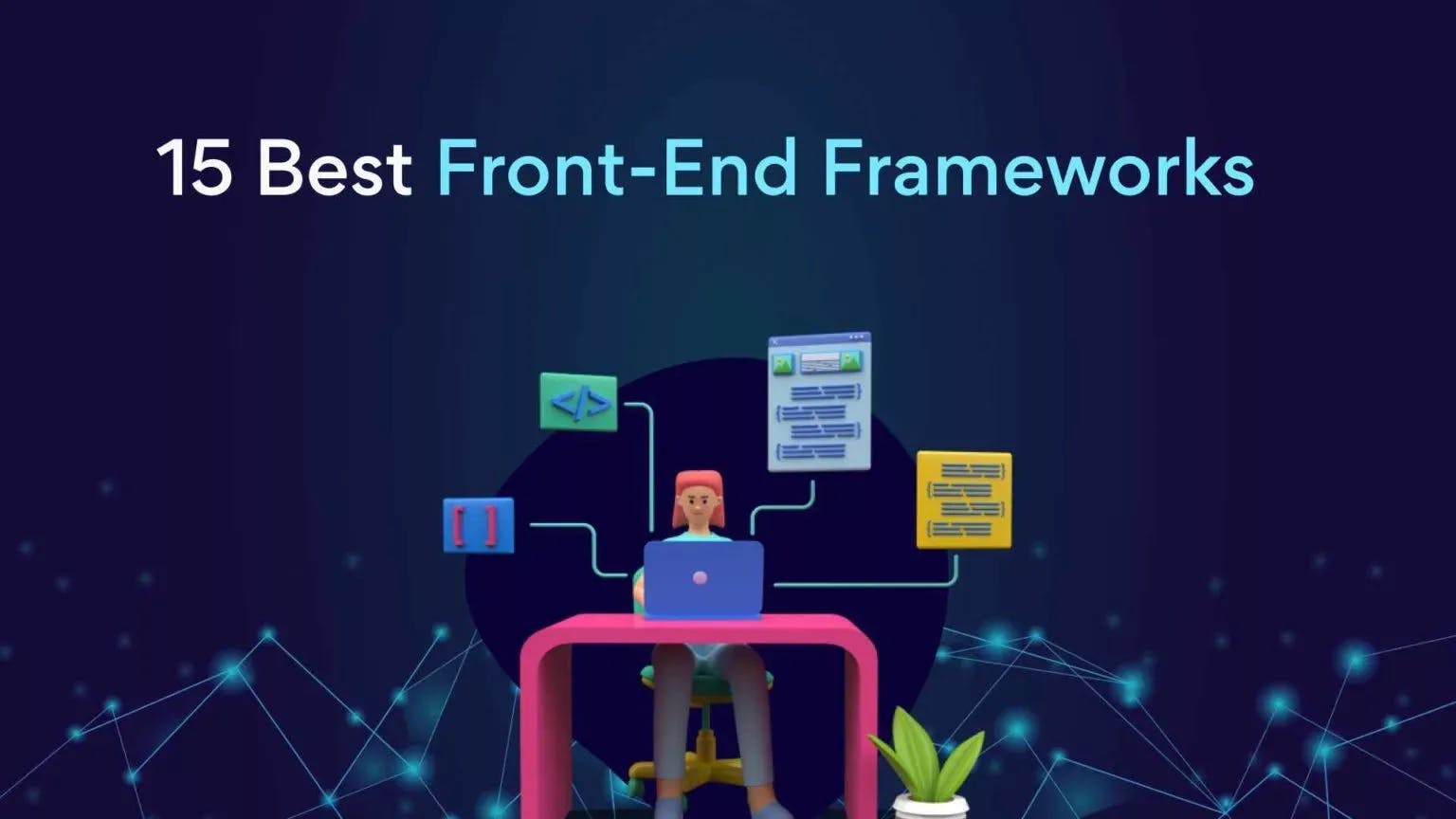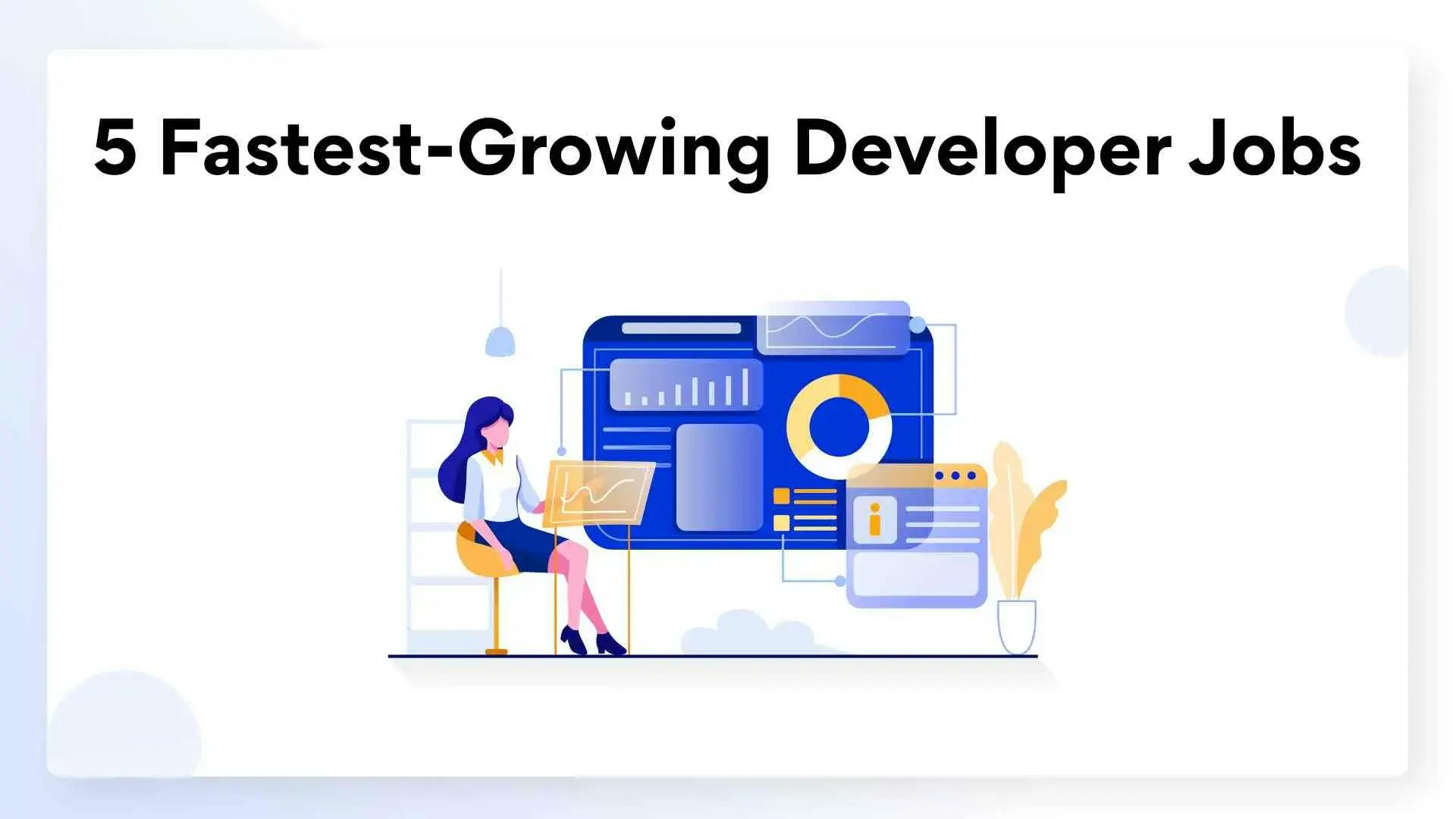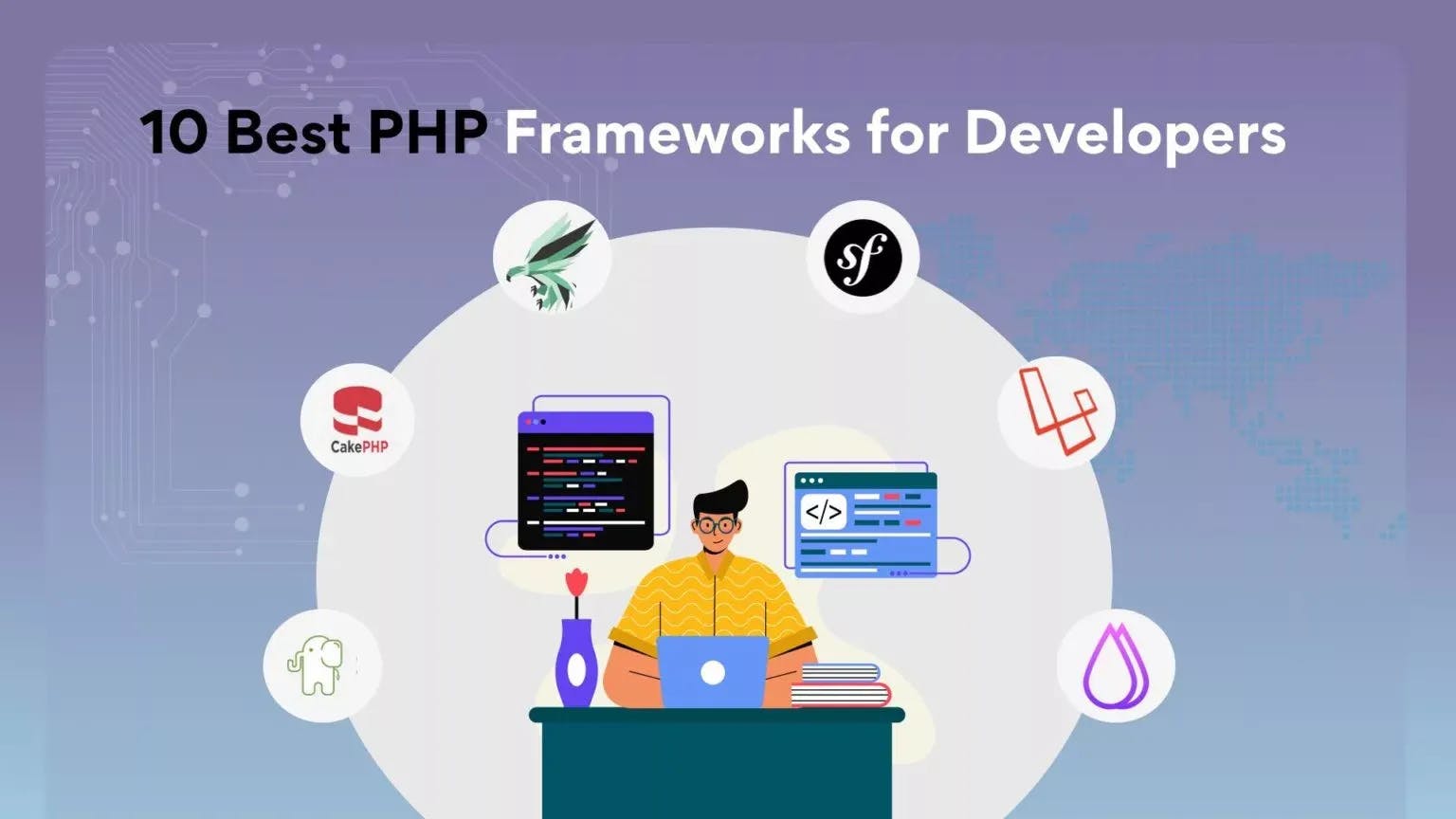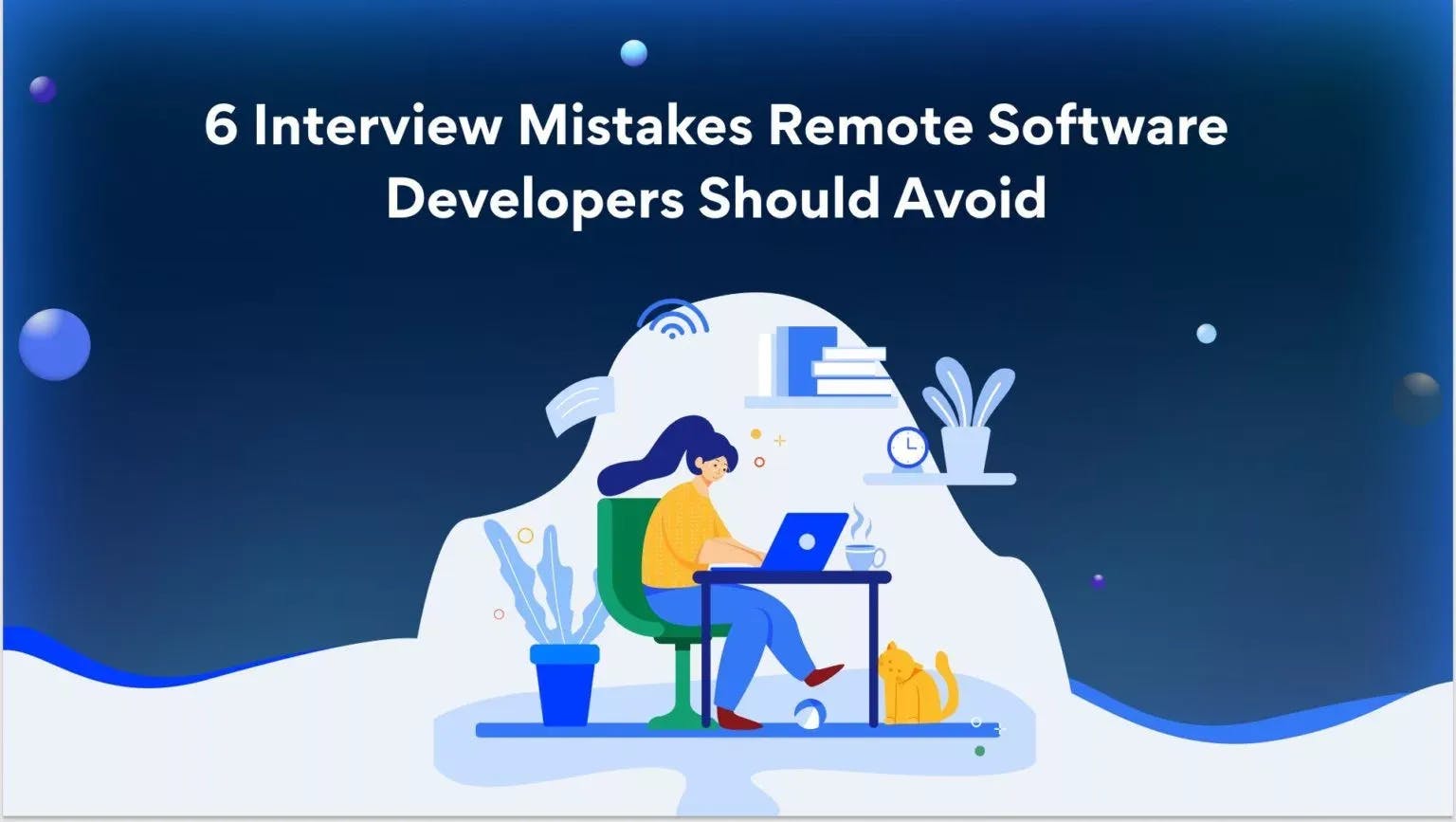Remote data engineer jobs at top U.S. companies
We, at Turing, are looking for talented data engineers who can build data processing and reporting infrastructure that powers company-wide insights and technical intelligence. Join forces with the top 1% of data engineers and grow with the best minds.
Find remote software jobs with hundreds of Turing clients
Job description
Job responsibilities
- Design database and data pipeline/ETL using emerging technologies and tools
- Drive the team to develop operationally efficient analytic solutions
- Define standards and methodologies for the data warehousing environment
- Design and build highly scalable data pipelines using new-generation tools and technologies like AWS, Snowflake, Spark, and Kafka to induct data from various systems
- Translate complex business requirements into scalable technical solutions that meet data warehousing design standards
- Create scalable data pipelines and ETL applications that support business operations in advertising, content, and finance/accounting
- Assist with deciphering data migration issues and improving system performance
- Collaborate efficiently with product management, technical program management, operations, and other engineers
Minimum requirements
- BS, MS, or Ph.D. in Computer Science or a relevant technical field
- Extensive experience building scalable data systems and data-driven products, as well as working with cross-functional teams
- 2+ years of related software/data engineering experience with proficiency in Python
- Ability to create data pipelines and ETL applications with large datasets
- Proficiency in building REST APIs for back-end services
- Exposure to implementing, testing, debugging and deploying data pipelines using any of the following tools: Prefect, Airflow, Glue, Kafka, Serverless (Lambda, Kinesis, SQS, SNS), Fivetran, or Stitch Data/Singer
- Experience with any of the cloud data warehousing technologies: Redshift, BigQuery, Spark, Snowflake, Presto, Athena, or S3
- Experience with SQL DB administration (PostgreSQL, MS SQL, etc.)
- Fluent in English to communicate effectively
- Ability to work full-time (40 hours/week) with a 4-hour overlap with U.S. time zones
Preferred skills
- Understanding of complex, distributed, microservice web architectures
- Experience with Python back-end and ETL to move from one database to another
- Solid understanding of analytics and a drive to build solutions to improve efficiency
Interested in this job?
Apply to Turing today.
Why join Turing?
1Elite US Jobs
2Career Growth
3Developer success support
How to become a Turing developer?
Create your profile
Fill in your basic details - Name, location, skills, salary, & experience.
Take our tests and interviews
Solve questions and appear for technical interview.
Receive job offers
Get matched with the best US and Silicon Valley companies.
Start working on your dream job
Once you join Turing, you’ll never have to apply for another job.

How to become a data engineer
The core focus of data engineering is to build dependable infrastructures that enable constant data flow in a data-driven environment. Data engineers function as facilitators of clean and raw data from multiple sources so that businesses can use it to make data-driven choices.
Data engineering is the process of developing and constructing large-scale data collection, storage, and analysis systems. Data engineers design systems that gather, handle and turn raw data into usable information for data scientists and business analysts to comprehend. The ultimate objective is to make data more available so that businesses may assess and improve their performance.
What is the scope of a data engineering job?
The demand for data-related jobs is growing by the day as more firms leverage big data to gain meaningful insights. Companies are always on the search for competent data engineers. Since the work calls for significant big data experience, the earning potential of data engineers has also increased.
What are the roles and responsibilities of data engineers?
The main responsibility is to conceptualize and build a dependable infrastructure for translating data into meaningful insights that data scientists can understand. Remote data engineers must be able to identify trends in massive datasets in addition to designing scalable processes to transform semi-structured and unstructured data into usable representations. Let's take a look at some of the other responsibilities of remote data engineer jobs.
- Develop, construct, test, and maintain data architectures
- Assemble complicated datasets that align with business requirements
- Deploy sophisticated analytics programs, machine learning, and statistical methods
- Ensure data security and governance with modern-day security controls
- Translate complex functional and technical needs into elaborate designs
- Implement data storage with technologies like Hadoop, NoSQL, etc.
- Integrate data management processes into the organization’s current structure
- Help in seamless third-party integration
- Create high-performance and scalable web services to track data
How to become a data engineer?
Data engineers usually have a background in Computer Science and Engineering, Applied Mathematics, or a related IT profession. However, coming from a non-tech background, it is still possible to become a Data Engineer.
The Data Engineer job necessitates a high technical understanding of data structuring and storage. If you're still pursuing studies, you can opt for technical degrees like Computer Science, Data Engineering, or Machine Learning. A bachelor's degree in Computer Science or a similar subject is common among data engineers. By acquiring a degree, you can establish the foundation of knowledge in this rapidly changing sector. You can also pursue a master's degree to enhance your career and gain access to possibly higher-paying opportunities.
You'll require programming skills in a variety of languages, including Python and Java, as well as an understanding of SQL database architecture. A boot camp or certification can help design a CV for remote data engineering jobs if you already have a background in IT or a related area like mathematics or analytics.
If you don't have a background in technology or IT, you can choose the self-learning or mentorship programs. Mentorship programs are online courses available on different professional education platforms that provide guided learning courses (one on one). Self-learning is the path many choose because of the vast number of technical resources available on the Internet today, but this is unguided learning, so it may take more time/resources. Keep checking details about master's degrees in data analytics and data engineering if you have an undergraduate degree, but it isn't in a relevant discipline.
Take some time to look through job postings to discover what employers are looking for, and you'll better understand how your experience fits into that role.
Interested in remote data engineer jobs?
Become a Turing developer!
Skills required to become a data engineer
1. Hadoop and Spark
The Apache Hadoop software library is a framework that uses basic programming principles to enable the distributed processing of massive data volumes across clusters of machines. It's built to expand from a single server to thousands of devices, each with its computing and storage capabilities.
Python, Scala, Java, and R are among the programming languages supported. While Hadoop is the most powerful tool for large data, it has several limitations, including slow processing and a high level of coding.
Apache Spark is a data processing engine that allows stream processing, which involves continuous data input and output. It is similar to Hadoop in that it performs many of the same activities.
2. C++
C++ is a very basic yet powerful programming language for swiftly calculating massive datasets. It's the only language that can handle over 1GB of data in a single second. The data can be retrained and predictive analytics can be used in real-time while keeping the system of record consistent.
3. Data warehousing
A data warehouse is a relational database to query and analyze data. It's intended to provide a long-term picture of data across time. A database, on the other hand, continuously updates real-time data. Knowledge of systems like Amazon Web Services and Amazon Redshift is needed for data engineering. In fact, AWS is a prerequisite in various on-site and remote data engineer jobs.
4. Azure
Azure is a cloud platform from Microsoft that allows data engineers to create large-scale data analytics solutions. With an easy-to-deploy bundled analytics solution, it simplifies the deployment and support of servers and applications.
The package includes pre-built services for everything, from data storage to powerful machine learning. Azure is so popular that some data engineers even specialize in it.
5. SQL and NoSQL
Database management systems (DBMS) is a software application that offers an interface to databases for information storage and retrieval - required knowledge for data engineers.
The SQL programming language is the industry standard for creating and maintaining relational database systems. On the other hand, non-tabular NoSQL databases come in several shapes and sizes depending on their data models, such as a graph or a text.
6. Machine learning
Data scientists use machine learning algorithms to create various predictive models based on current and past data. Data engineers, however, only require rudimentary knowledge of machine learning to better understand the needs of data scientists (and by extension, the needs of the company), and construct more accurate data pipelines.
7. Data APIs
An API is a data access interface for software applications. It enables two apps or devices to interact with one another to complete a certain job. Web applications, for example, employ API to interact between the user-facing front-end and the back-end functionality and data.
An API allows an application to read a database, get information from relevant tables in the database, process the request, and deliver an HTTP-based response to the web template, which is then shown in the web browser. Data engineers provide APIs in databases for data scientists and business intelligence analysts to query the data.
8. Extract, Transfer, Load (ETL)
ETL (Extract, Transfer, Load) is the process of extracting data from a source, converting it into a format that can be analyzed, and storing it in a data warehouse.
The ETL collects data from a variety of sources, applies business rules to the data, and then loads the transformed data into a database or business intelligence platform where it can be accessed and utilized by everyone in the company.
Interested in remote Data Engineer jobs?
Become a Turing developer!
How to get remote data engineer jobs
Becoming a data engineer is highly rewarding. However, you need to have a thorough understanding of programming. Practicing programming is important, along with having a vision of the product. Good communication skills are also helpful in collaborating with team members and prioritizing work.
To simplify your search for data engineer remote jobs, Turing has made things a little easier. We offer the best opportunities to suit your career trajectory. Join a network of the world's top developers and get full-time, long-term remote data engineer jobs with better compensation and career growth prospects.
Why become a Data engineer at Turing?
Elite U.S. jobs
Long-term opportunities to work for amazing, mission-driven U.S. companies with great compensation.
Career growth
Work on challenging technical and business problems using cutting-edge technology to accelerate your career growth.
Exclusive developer community
Join a worldwide community of elite software developers.
Once you join Turing, you’ll never have to apply for another job.
Turing's commitments are long-term and full-time. As one project draws to a close, our team gets to work identifying the next one for you in a matter of weeks.
Work from the comfort of your home
Turing allows you to work according to your convenience. We have flexible working hours and you can work for top U.S. firms from the comfort of your home.
Great compensation
Working with top U.S. corporations, Turing developers make more than the standard market pay in most nations.
How much does Turing pay their Data engineer?
Turing helps you suggest a salary range that allows you to settle for a fruitful and long-term opportunity. Most of our recommendations are an assessment of market conditions and the demand set by our clients. However, at Turing, we believe in flexibility. Thus, every Data engineer is eligible to fix their salary range as per their skills and expertise.
Frequently Asked Questions
Latest posts from Turing
Leadership
Equal Opportunity Policy
Explore remote developer jobs
Based on your skills
- React/Node
- React.js
- Node.js
- AWS
- JavaScript
- Python
- Python/React
- Typescript
- Java
- PostgreSQL
- React Native
- PHP
- PHP/Laravel
- Golang
- Ruby on Rails
- Angular
- Android
- iOS
- AI/ML
- Angular/Node
- Laravel
- MySQL
- ASP .NET
Based on your role
- Full-stack
- Back-end
- Front-end
- DevOps
- Mobile
- Data Engineer
- Business Analyst
- Data Scientist
- ML Scientist
- ML Engineer
Based on your career trajectory
- Software Engineer
- Software Developer
- Senior Engineer
- Software Architect
- Senior Architect
- Tech Lead Manager
- VP of Software Engineering












